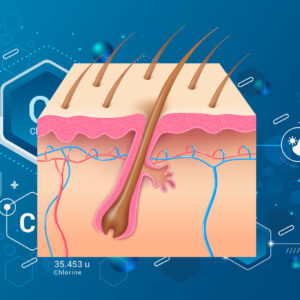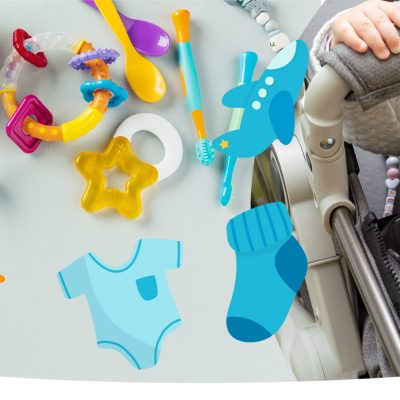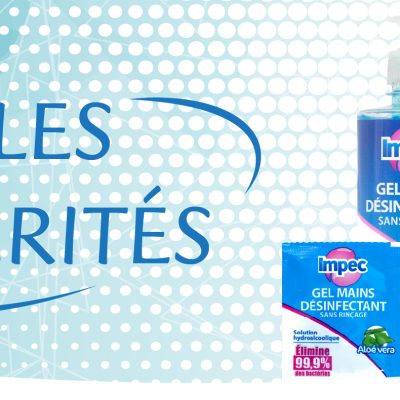Endocrine disruptors are chemical compounds that cause hormones to malfunction when they come into contact with the body. Exposure to endocrine disruptors is therefore harmful to long-term health.
The effects of endocrine disruptors do not appear until several years have passed, and they do not manifest themselves head-on. In other words, they are often associated with pathology. What’s more, with over 800 endocrine disruptors currently identified, studies on the consequences of exposure are still relatively vague. In any case, experts recommend protection against these substances.
Protecting yourself against endocrine disruptors can be as simple as adopting a few good habits.

Endocrine disruptors and their effects on the body
Endocrine disruptors can be found in many everyday products. The best-known are:
- Bisphenol A, which is usually found in packaging;
- Mercury, which is present in the batteries we use for our appliances, thermometers, fillings and batteries. … ;
- Phthalates in certain cosmetics and personal care products
- Parabens can also be found in cosmetic products, which is why it’s important to read labels carefully before buying. For example, SOMAPRO’s VAO shower gels contain no parabens, precisely to avoid the irritation these ingredients can cause on the skin.
As far as their effects are concerned, endocrine disruptors affect the proper functioning of the body’s hormones:
- They bind to hormone receptors, mimicking them and giving the body the wrong information;
- They disrupt the secretion and degradation of hormones ;
- They prevent the proper circulation and concentration of hormones in the blood.

How to protect yourself against endocrine disruptors in everyday life?
In absolute terms, it is not possible to avoid endocrine disruptors, but it is important to limit exposure by adopting a few good habits:
Ventilation
As endocrine disruptors can be volatile, it’s important to always air the interior of your home or business premises properly. The rule is to air for at least 15 minutes every day to remove harmful substances and bring in fresh air.
It’s also a good idea to air out the kitchen a little more when cooking, cleaning and showering.
Experts also recommend airing the interior of the house a little longer after installing new furniture or materials.
Kitchen utensils
Although pots and pans with non-stick coatings are very trendy, it’s best to avoid them. Instead, use stainless steel or cast-iron utensils, as they don’t have a coating that will peel off over time.
You should also limit the use of plastic utensils, preferring glass or stainless steel. Whenever you use plastic utensils, remember to wash them thoroughly with dishwashing liquid beforehand.
Nutrition
Regular consumption of fruit and vegetables is a widely recommended way to stay healthy. However, the products used to grow them may contain endocrine disruptors, which is why it’s important to know where your produce comes from.
Even if you’re sure you’re eating organic produce, always wash and peel your fruit and vegetables thoroughly before eating or cooking them. There are fruit and vegetable disinfectants you can use to remove all the dirt.
You should also limit the use of plastic packaging as much as possible, and in particular the consumption of mineral water in plastic bottles.
Clothing
Clothing can also contain substances that disrupt hormones. This is particularly true of synthetic fiber clothing. So it’s best to wear cotton, linen or wool to limit exposure.
It’s also advisable to always wash clothes before putting them on for the first time. This is especially true for clothes bought at imported thrift stores.
Toys
Along with the elderly, toys are particularly sensitive to endocrine disruptors. That’s why you need to be extra careful about the products you expose them to. Plastic toys, for example, are not recommended for young children, who may put them in their mouths. Instead, opt for phthalate-free plastic or wooden toys.






